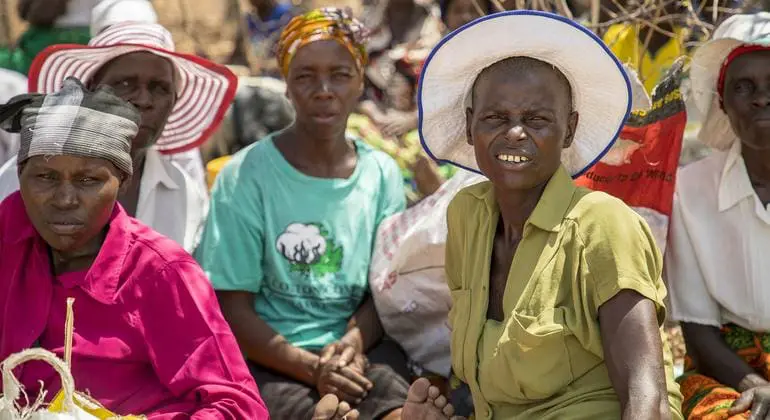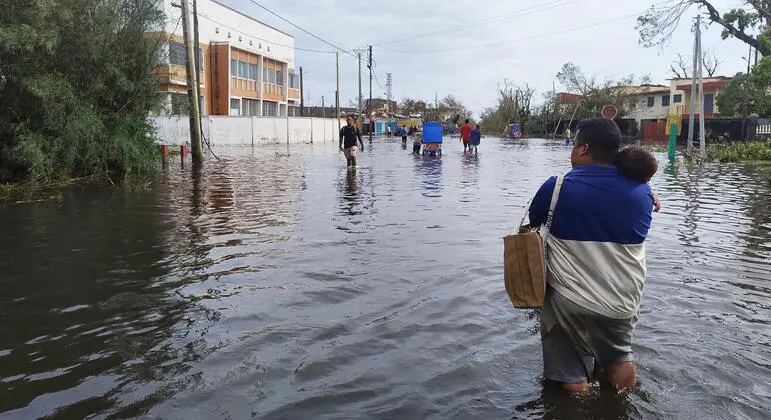This comes just two months after UN humanitarians declared Zimbabwe as one of the hunger hotspots where acute food insecurity was likely to deteriorate.
The storm destroyed more than half of the country’s harvest, leaving about 7.6 million people at risk of acute hunger.
El Niño is a regular and naturally occurring weather event which affects the air temperatures around the sea and coastal landmasses. The climate crisis in recent years has led to more frequent and intense patterns.
Officials from the UN and the World Food Programme (WFP) recently visited Zimbabwe to determine the drought’s impact on the nation and to call for more international support for the humanitarian response.
‘Nationwide state of disaster’
In April, local Zimbabwean authorities declared that the country was in a nationwide state of disaster.
Figures from the authorities showed that 57 per cent of people in “rural” parts of the country are set to be food insecure between January and March 2025 – a peak hunger period there.
Other UN reports indicate that civilians will need to depend on “alternative sources of income, social support, and humanitarian assistance” to withstand this season.
It was further reported that “humanitarian assistance needs will remain high in many areas of the country until the harvest in 2025 due to poor purchasing capacity resulting from limited income-earning opportunities and high food prices.”
El Niño’s impact
The El Niño-induced droughts have reportedly put a strain on Zimbabwe’s economy, leaving more than a fifth of children out of school and a lack of water supplies in the country.
The UN and some of its partners are working with the Zimbabwean Government to provide aid to civilians.
However, these teams require more funding, as the $429 million flash appeal which was launched in May that aims to aid over 3 million people, is only about 11 per cent funded.
The El Niño droughts have also affected other South African countries including the Democratic Republic of the Congo, Madagascar, Malawi and more. Each of these nations is in high need of humanitarian interventions as food insecurity levels have risen significantly due to the drought.







